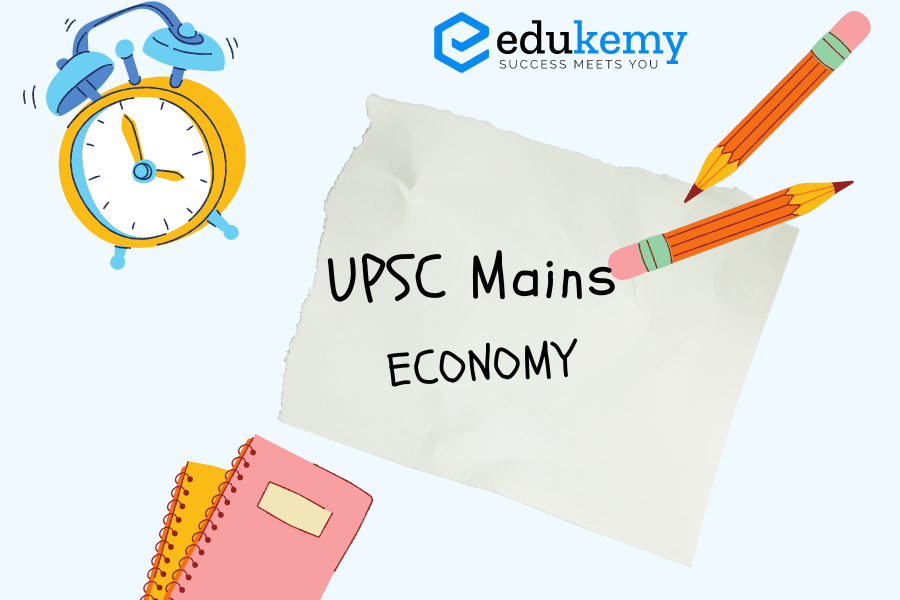
Contents
Introduction:
The Indian Public Distribution System (PDS), launched in June 1947, is designed to distribute subsidized food and non-food items to the country’s impoverished population. The primary objective is to ensure affordable access to essential commodities and manage emergencies effectively.
Body:
Public Distribution System (PDS):
- The PDS was initiated to address food shortages by providing affordable rates for essential food grains. The Central government collaborates with state governments for the implementation of the PDS.
- The Food Corporation of India (FCI) is responsible for procuring, storing, transporting, and distributing food grains to state governments.
- Operational responsibilities, including resource allocation, determining eligible households, issuing ration cards, and monitoring Fair Price Shops (FPS), are managed by State Governments. States/Union Territories (UTs) distribute wheat, rice, sugar, and kerosene under the PDS.
- It supports poverty-alleviation programs and contributes to normalizing food prices for the underprivileged. The PDS holds a buffer stock of food grains to ensure the flow of food even during periods of lower agricultural output.
- It aids in the redistribution of grains from surplus to deficit regions and enhances food grain output through minimum support prices and procurement systems.
Limitations Regarding Public Procurement:
- Identification of Beneficiaries: The Targeted Public Distribution System (TPDS) is prone to significant inclusion/exclusion errors, with estimates suggesting a 61% exclusion error and a 25% inclusion error.
- Leakage of Food Grains: TPDS faces substantial food grain leakages during transportation and black marketing, with a reported 36% leakage of PDS rice and wheat nationwide.
- Issue with Procurement: Open-ended procurement leads to market scarcity, accepting all grains even with a full buffer stock.
- Issues with Storage: Severe government storage capacity shortfalls, as revealed by the Comptroller and Auditor General (CAG) audit, raise concerns about rotting food grains.
- Impact of Minimum Support Price (MSP): MSP provisions drive farmers to shift from coarse grains to rice and wheat, hindering crop diversification.
- Environmental Concerns: Overemphasis on water-intensive crops for food grain self-sufficiency, particularly in states like Punjab and Haryana, raises environmental sustainability concerns.
Government Initiatives:
- Aadhaar-Linked Ration Cards: Enables online entry, verification, and tracking of monthly entitlements for efficient beneficiary data management.
- National Food Security Act (NFSA): Introduced individual entitlement of 5 kg per person per month food grains to around 82 crores of the population in 2013.
- Antyodaya Anna Yojana (AAY): Started in December 2000, provides heavily discounted food grains to the poorest of the poor.
- Computerized Fair Price Shops: Fair Price Shops automated with ‘Point of Sale’ devices to authenticate beneficiaries and record subsidized grain quantities.
- Direct Benefit Transfer (DBT): Cash transferred under DBT, replacing food grain subsidies, allowing beneficiaries to purchase from any market.
- GPS Technology for Transportation: GPS tracking for food grain transportation prevents diversion, ensuring secure movement from state depots to Fair Price Shops.
- SMS-Based Monitoring: Citizens can register for SMS alerts, facilitating monitoring during TPDS commodity dispatch and arrival.
- Web-Based Citizens’ Portal: Web portal for public grievance redressal, including toll-free call centers for complaint registration and suggestions.
Way Forward:
The PDS, a crucial welfare initiative, can be strengthened through technological solutions, cautious DBT adoption, and capacity building. Prudent implementation and robust infrastructure are essential for the migration to cash transfer. Strengthening TPDS through capacity building, training, and leakage control, along with increased public engagement, enhances transparency. PDS can contribute to nutritional improvement by distributing bio-fortified foods, addressing prevalent malnutrition in India.
In case you still have your doubts, contact us on 9811333901.
For UPSC Prelims Resources, Click here
For Daily Updates and Study Material:
Join our Telegram Channel – Edukemy for IAS
- 1. Learn through Videos – here
- 2. Be Exam Ready by Practicing Daily MCQs – here
- 3. Daily Newsletter – Get all your Current Affairs Covered – here
- 4. Mains Answer Writing Practice – here

